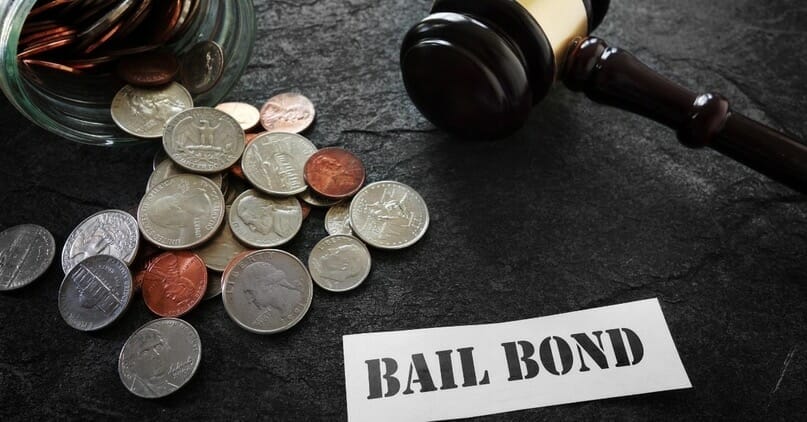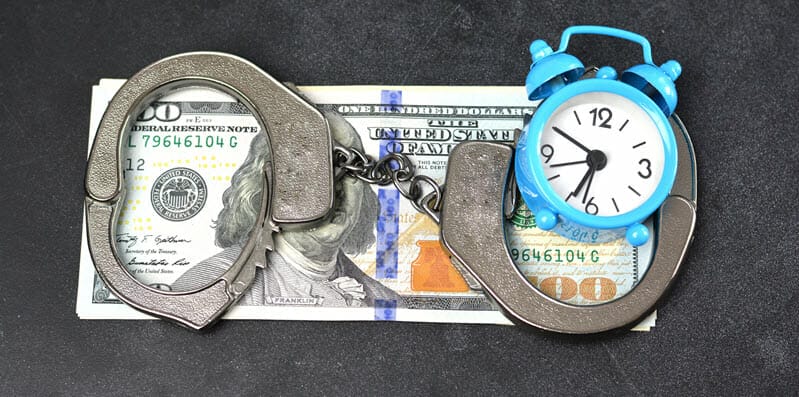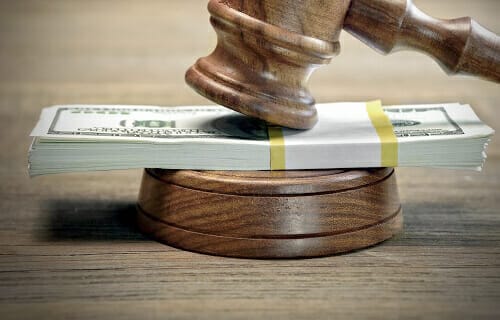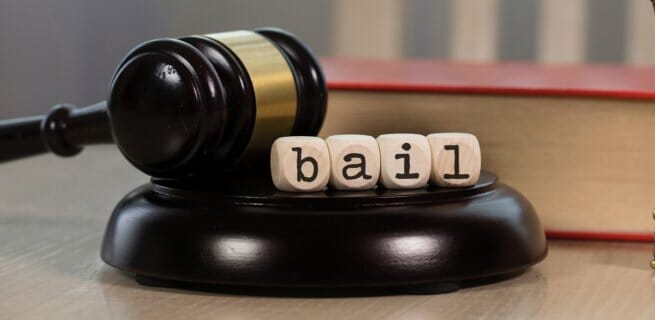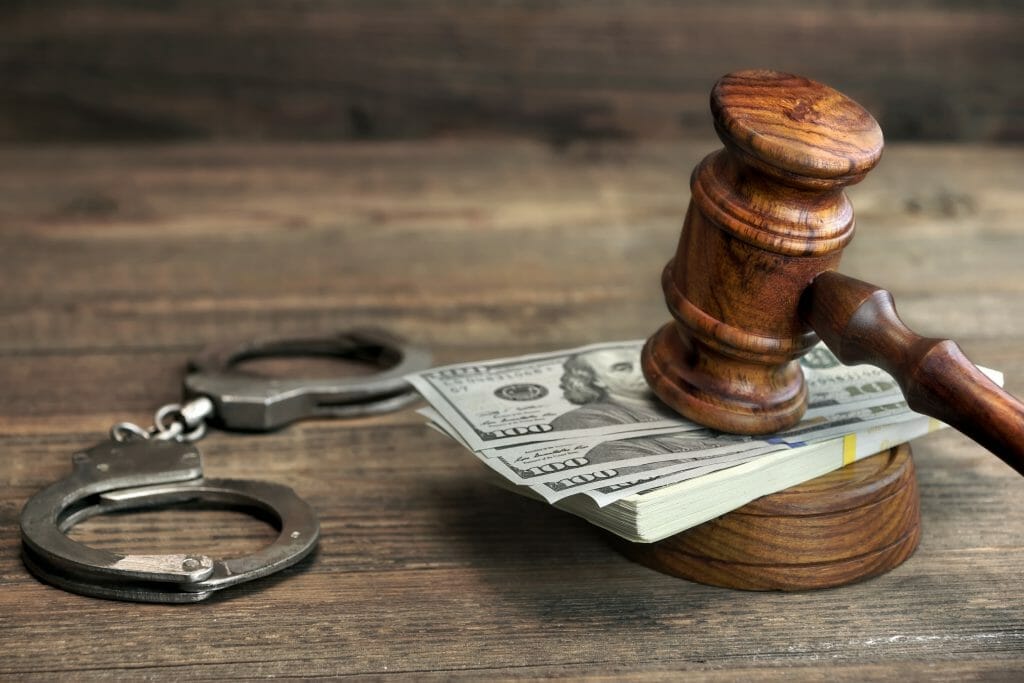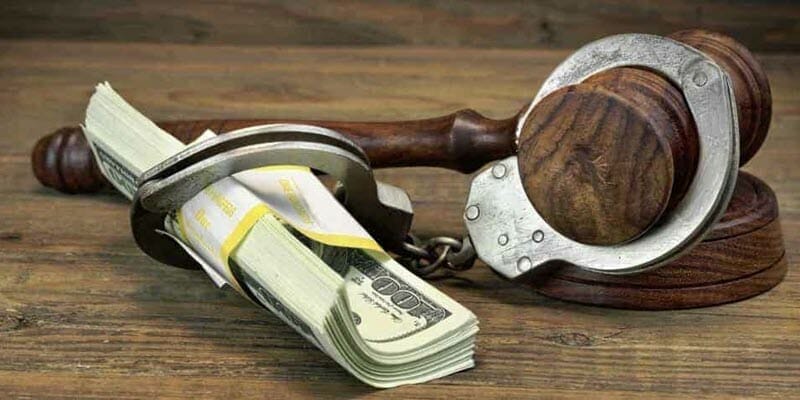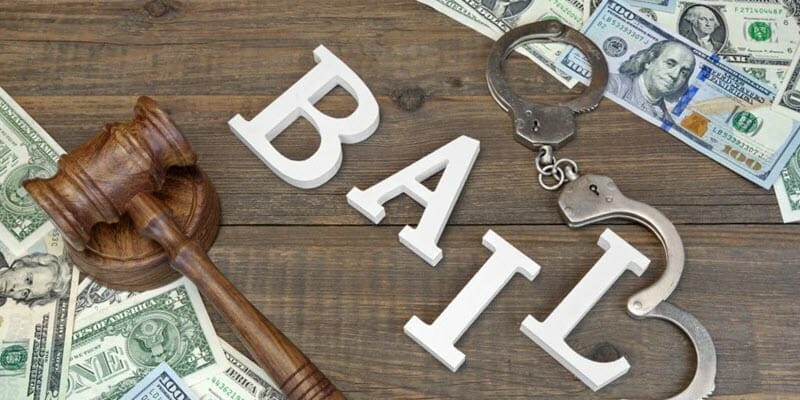
- Felonies
- *
- Misdemeanors
- *
- Drug/Narcotics Violations
- *
- Sex Offenses
- *
- Gun / Weapons Violations
- *
- Robbery
- *
- Burglary
- *
- Assault
- *
- Theft
- *
- White Collar Crimes
- *
- Domestic Assualt
- *
- Property Damage
- *
Why Courts Authorize Bail?
You have likely heard of bail, even if you've never been taken into custody or stepped foot inside a courtroom. Why do courts give bail to defendants?
We are here to help you understand more about this subject and why courts authorize it for defendants. With this information, you will be better equipped to decide if you should post a bond for a loved one or friend.
What Is Bail?
Bail is the amount of money set forth by courts required for a defendant's release. A judge typically sets the amount based on several factors, including the current charges and past criminal history.
It is important to note that the amount must be reasonable, according to the law. If the amount is too high, the defendant's attorney can file a motion for reduction. It will be up to the judge if this is granted.
Bail is not meant to be a punishment to defendants but acts as a surety bond. When a defendant pays a cash bail, property bond, or hires a bondsman, they are guaranteeing they will show up for all court appearance dates and abide by the terms of their release.
All Defendants Are Innocent Until Proven Guilty
Being assumed innocent until proven guilty is one of the basic protections afforded to all American citizens. The justice system's goal is not to imprison but to protect the alleged victim and ensure the safety of the community.
Although everyone is innocent until proven guilty, some defendants are guilty. By releasing them from jail, the courts could face the risk of the defendant refusing to show up for trial dates. Some defendants will skip the trial, especially if they face serious criminal charges.
This is where bail becomes highly important. A judge has the authority to release defendants who have been charged with specific crimes with the understanding they will appear for all trial dates.
Bail is meant to protect the basic rights of defendants to be considered innocent until proven guilty while still protecting the interest of public safety. Defendants who pay for their release are more likely to show up for all court dates so they can receive a refund.
Why Does the Judge Sometimes Deny Bail?
Although defendants have the right to protection against excessive amounts, the law remains ambiguous. Each court seems to interpret the law differently, leading to varying policies across the country.
Because of the law's ambiguities, judges may deny bail for certain defendants. As the law stands right now, a judge has the right to deny a defendant's release in the interest of public safety.
Before a judge can deny it, there must be significant evidence. The judge must be convinced that the individual's release could lead to public endangerment or further crimes. Some crimes that may warrant a denial include the following.
- The individual has been charged with a felony and has a record of at least two prior felony convictions.
- The individual has been charged with murder or another violent crime.
- The individual has been charged with serious crimes against minors now or in the past.
- The individual has been charged with a drug crime that carries at least a decade behind bars.
Although these crimes often lead to denials, the above does not necessarily mean an individual will be denied bail. The judge will weigh the decision carefully to determine if bail should be denied for a defendant.
What Are the Options for Paying Bail?
Once the judge decides on an amount, defendants have several options, depending on their financial situation. Bail can take any of the following forms.
- Defendants can pay cash or write a check.
- They can put up a property bond.
- Sometimes, judges will release defendants on their own recognizance, and they will not have to put any money down. Defendants will have to promise to appear for all court dates.
- Defendants can also hire a bondsman and pay a fee, followed by the bondsman signing a surety bond.
It is important to note that if a person hires a bondsman, the bondsman will charge a premium. The state regulates this premium amount. Once the premium is paid, it is not refunded, even if the individual meets all the court's demands.
If an individual puts up a cash or property bond, they will be refunded as long as the defendant shows up for all trial dates and meets the terms of their release.
We Will Answer Your Questions
If your loved one or friend has been arrested and you've been asked to post a bond, you may have questions. Worrying about the risks and responsibilities you take on by co-signing a bond is understandable.
We are here to help you better understand what happens during the process. We want you to be armed with the information you need to make wise decisions.
Contact us right away, and we will be willing to help. Allow us to assist you in helping your friend or loved one get out of jail as soon as possible.





